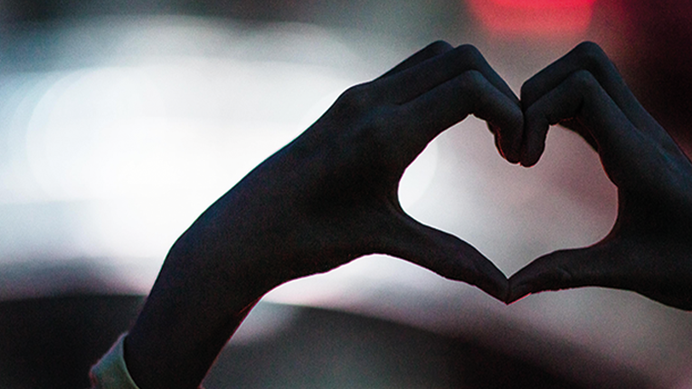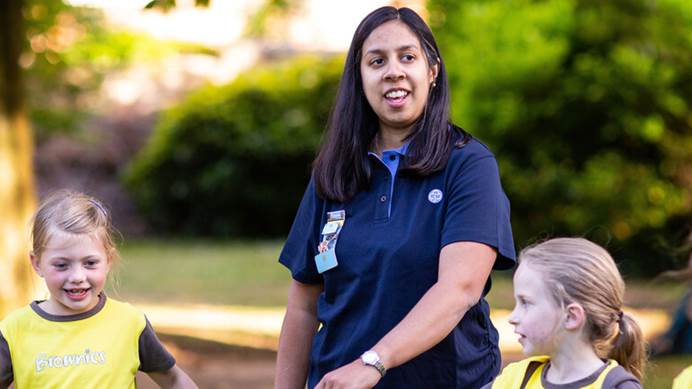Religious festivals happening this April
Ramadan, Passover and Easter are happening this month
Spring is here and there are lots of religious celebrations coming up.
With Ramadan, Passover and Easter happening in April, we’ve put together some guidance for including all members, along with some resources from other organisations.
Ramadan
Ramadan in the ninth month of the Islamic calendar and in 2022 starts on 2 April and ends on 1 May. During Ramadan, Muslims won’t eat or drink during the day, called fasting. Fasting helps Muslims devote themselves to their faith, teach themselves self-discipline and remind them how other people are suffering. But children, pregnant women, elderly people and those who are ill or travelling don't have to fast.
During Ramadan, it is common to have one meal, known as the suhoor, just before dawn and another, known as the iftar, directly after sunset.
The end of Ramadan is marked by Eid ul-Fitr, which means festival of the breaking of the fast. Muslims thank Allah for helping them through the month, hold a special meal and religious during the day, spend time with friends and family and give gifts. You might hear people say ‘Eid Mubarak’, which means ‘blessed Eid’ or ‘Eid sa’id’ which means ‘happy Eid’.
If you have Muslim members in your unit, you might need to make adjustments to any activities planned that involve food. Every person who follows Islam is different, so check with the young member or their parents or carers. Or you could plan activities that don’t require eating food.
Learn more about Ramadan and Eid ul-Fitr.
Passover
Passover, or Pesach in Hebrew, is one of the biggest events of the Jewish year and it’s a celebration of the story of Exodus. Jewish people remember how their ancestors were led of Egypt by Moses, and God sending ten plagues to tell the Pharaoh to stop keeping them as slaves.
In 2022, it starts on 15 April and ends on 23 April and it’s celebrated with a series of rituals and every one represents a different part of the story.
On the evening before Passover starts, Jewish people have a special service called a Seder, which means order in English. They’ll read part of the story of Exodus from a book called the Haggadah with friends and family, rest their arms on cushions to remember that they’re not slaves anymore, and eat from the Seder plate. The Seder plate is made up of six foods that represent different parts of the story. There will also be three loaves of a flatbread called Matzah, small glasses of wine and lots of singing.
During Passover, Jewish people don’t eat bread made with raising agents like yeast. It represents that they didn’t have time for bread to rise before they left Egypt. If you’re organising any unit meeting activities that need bread, include a flatbread, such as Matzah. You can buy Matzah from most supermarkets.
Easter
Easter is one of the most important events for Christians. It celebrates Jesus rising from the dead three days after he was executed. Easter has four main days and ends with Easter Sunday, which is on 17 April in 2022.
Easter starts with Palm Sunday, which will be on 11 April in 2022. Christians remember Jesus' arrival in Jerusalem riding on a donkey and the palms people waved to greet him. Some churches give out small crosses made from palm leaves on this day.
On Maundy Thursday, the Thursday before Easter Sunday, Christians remember the Last Supper that Jesus had with his disciples, normally by having a special service called Holy Communion, Eucharist or Mass and sharing bread and wine. The next day is Good Friday when Jesus was crucified. You might see Christians eating hot cross buns on Good Friday and remembering the suffering Jesus went through.
Easter ends with Easter Sunday. It celebrates Jesus coming back alive and is marked by church services and eating Easter eggs, which symbolise new life.



